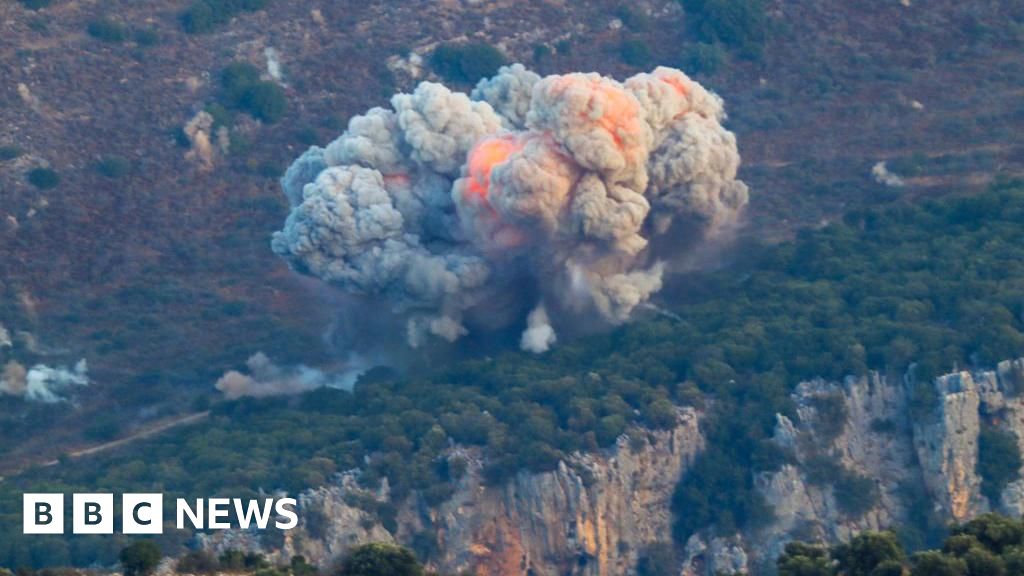“Getty Images reports that Israel has carried out over 1,000 air strikes on Lebanon in the past 48 hours. Israeli leaders are pleased with the progress of the offensive against Hezbollah, which began with the detonation of weaponized pagers and radios and escalated to intense and deadly airstrikes. Defence Minister Yoav Gallant praised Monday’s air strikes, calling it a “masterpiece” and stating that it was the worst week Hezbollah has faced since its inception.
The airstrikes were aimed at destroying thousands of rockets that posed a threat to Israeli citizens, but Lebanon reported over 550 civilian casualties, including 50 children. Israel’s objective is to coerce Hezbollah into compliance by inflicting significant damage, ultimately shifting the balance of power away from the militant group.
The ongoing conflict between Israel and Hezbollah dates back to the 1980s, with the current border war intensifying after Hamas initiated attacks on Israel in October. Israel’s offensive strategy is based on the belief that Hezbollah will eventually crumble under pressure, leading to a cessation of hostilities. However, many observers doubt that Hezbollah will back down, potentially prolonging the conflict.
While Israel’s recent offensive actions have dealt significant blows to Hezbollah, the militant group’s resolve remains strong. Israel’s previous wars with Hezbollah have been inconclusive, and the current conflict may follow a similar pattern. As tensions escalate, the possibility of a ground offensive or further military action looms.
Looking ahead, Israel faces the challenge of engaging with a well-prepared and determined adversary in Hezbollah. The group’s strongholds in southern Lebanon, coupled with its extensive arsenal and combat experience, pose a formidable obstacle for Israeli forces. The potential for a protracted and complex conflict remains high, as both sides continue to escalate their military actions.”

